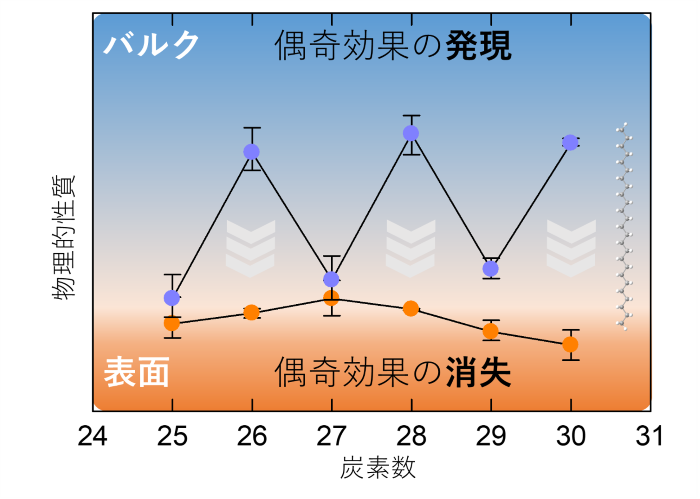2024-11-08 ブラウン大学
<関連情報>
- https://www.brown.edu/news/2024-11-08/tomatoes
- https://www.cell.com/current-biology/abstract/S0960-9822(24)01379-4
高温下での花粉管性能の向上がトマトの耐熱性果実・種子生産に寄与する Enhanced pollen tube performance at high temperature contributes to thermotolerant fruit and seed production in tomato
Sorel V. Yimga Ouonkap∙ Meenakshisundaram Palaniappan∙ Kelsey Pryze∙ … ∙ Gloria K. Muday∙ Ravishankar Palanivelu∙ Mark A. Johnson
Current Biology Published:November 6, 2024
DOI:https://doi.org/10.1016/j.cub.2024.10.025
Graphical abstract
Highlights
•Pollen tube growth is temperature sensitive and critical for tomato fruit production
•Cultivars that set fruit at high temperature show thermotolerant pollen tube growth
•Thermotolerance is achieved by priming of response and growth pathways
•Thermotolerant pollen tubes have enhanced ROS homeostasis and callose synthesis
Summary
Rising temperature extremes during critical reproductive periods threaten the yield of major grain and fruit crops. Flowering plant reproduction depends on the ability of pollen grains to generate a pollen tube, which elongates through the pistil to deliver sperm cells to female gametes for double fertilization. We used tomato as a model fruit crop to determine how high temperature affects the pollen tube growth phase, taking advantage of cultivars noted for fruit production in exceptionally hot growing seasons. We found that exposure to high temperature solely during the pollen tube growth phase limits fruit biomass and seed set more significantly in thermosensitive cultivars than in thermotolerant cultivars. Importantly, we found that pollen tubes from the thermotolerant Tamaulipas cultivar have enhanced growth in vivo and in vitro under high temperature. Analysis of the pollen tube transcriptome’s response to high temperature allowed us to define two response modes (enhanced induction of stress responses and higher basal levels of growth pathways repressed by heat stress) associated with reproductive thermotolerance. Importantly, we define key components of the pollen tube stress response, identifying enhanced reactive oxygen species (ROS) homeostasis and pollen tube callose synthesis and deposition as important components of reproductive thermotolerance in Tamaulipas. Our work identifies the pollen tube growth phase as a viable target to enhance reproductive thermotolerance and delineates key pathways that are altered in crop varieties capable of fruiting under high-temperature conditions.




